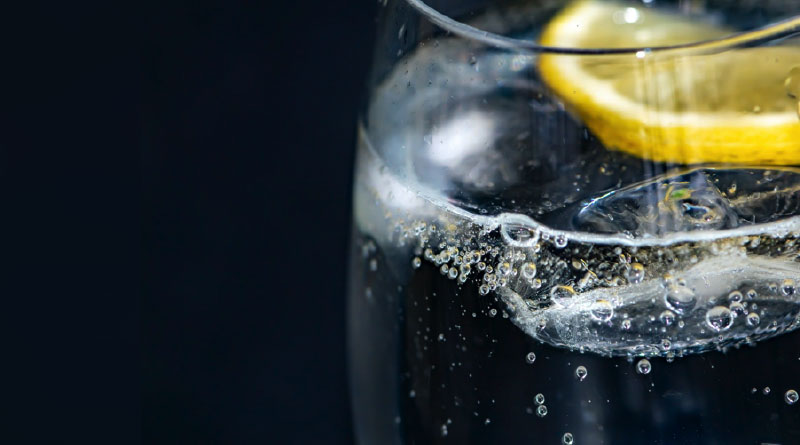Portman Group Warns Drinks Companies on ‘Hard Seltzer’ Products

The Portman Group today issued updated guidance to drinks companies on the fast-growing hard seltzer category. Hard seltzers are common in the US, and the UK market is expected to increase from £10m to £600m by 2025.
This is reflected in the UK where consumer awareness of ‘hard seltzers’ has doubled to 14% of adults having heard of the sub-category, new research by The Portman Group shows. However, understanding of the term ‘hard seltzer’ is low, as 65% of consumers fail to recognise what it means when the word ‘hard’ is linked to ‘seltzer’. The Portman Group has therefore called on companies to ensure they have ample cues to inform consumers hard seltzers are alcoholic.
In the US, hard seltzers are often marketed as a healthier, low-calorie option for drinkers. In the UK, it is against the law to make any health claims by alcoholic drinks, and this is also stipulated in the Portman Group Code of Practice Naming, Packaging and Promotion.
In response to the figures, Matt Lambert, CEO of the Portman Group, the alcohol social responsibility body and alcohol marketing self-regulator, said:
“The UK is the leading European market for hard seltzers, but the phrase has yet to be anglicised and commonly understood.
It is therefore incumbent on producers to ensure that UK consumers have additional cues to ensure that they understand that ‘hard’ products are alcoholic and are not alluding to a product’s higher alcoholic strength
We would also remind producers not to make health or wellness claims. Our free Advisory Service can offer advice on the marketing of hard seltzers and other products.”
The Portman Group’s updated guidance for hard seltzers follows the finding of this study. As set out in the Code of Practice on the Naming, Packaging and Promotion of Alcoholic Drinks, a drink’s alcoholic nature must be communicated with absolute clarity. The updated guidance on hard seltzers recommends that the alcohol by volume (ABV) and references to ‘alcohol’ or the word ‘alcoholic’ is included on the front of the packaging as best practice to reduce the risk of consumer confusion.
Health claims are not permissible for alcohol drinks containing more than 1.2 ABV, and nutritional claims are only acceptable when meeting the criteria set out in the retained EU Nutrition and Health Claims Regulations 2006. Therefore, the Advisory Service urges all producers to seek independent legal advice, or guidance from Trading Standards. Read the updated guidance in full here.
